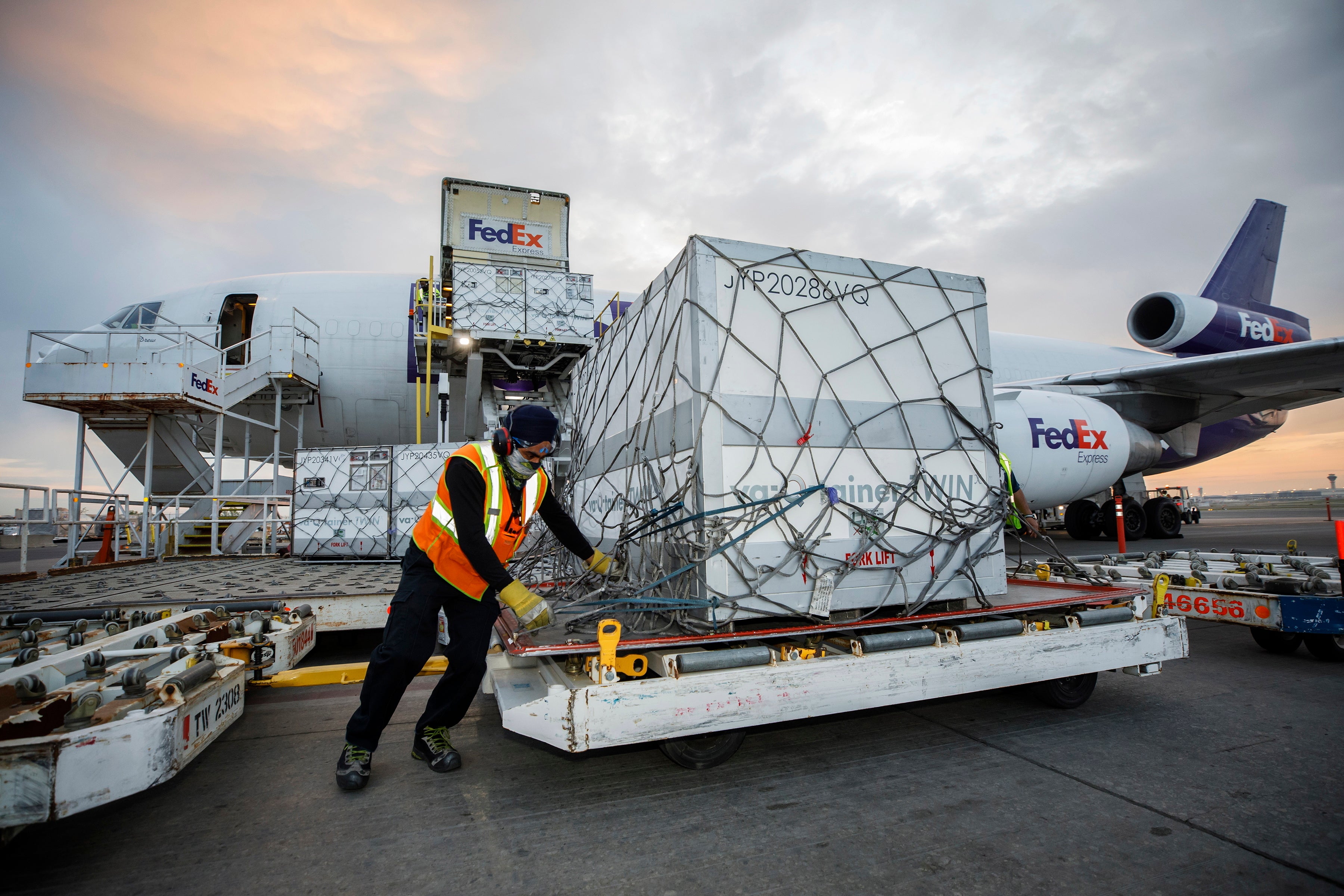Ontario resuming use of AstraZeneca, but only as second dose
Canada’s most populous province is resuming use of the Oxford-AstraZeneca COVID-19 vaccine, but only as a second dose for those who’d received it initially

Your support helps us to tell the story
From reproductive rights to climate change to Big Tech, The Independent is on the ground when the story is developing. Whether it's investigating the financials of Elon Musk's pro-Trump PAC or producing our latest documentary, 'The A Word', which shines a light on the American women fighting for reproductive rights, we know how important it is to parse out the facts from the messaging.
At such a critical moment in US history, we need reporters on the ground. Your donation allows us to keep sending journalists to speak to both sides of the story.
The Independent is trusted by Americans across the entire political spectrum. And unlike many other quality news outlets, we choose not to lock Americans out of our reporting and analysis with paywalls. We believe quality journalism should be available to everyone, paid for by those who can afford it.
Your support makes all the difference.Canada’s most populous province is resuming use of the Oxford-AstraZeneca COVID-19 vaccine, but only as a second dose for those who'd received it initially, officials said Friday.
Ontario and several other provinces stopped giving out first doses of Oxford-AstraZeneca earlier this month on concerns over reported links to rare blood clots, which previously led some European countries to restrict its use.
The Ontario government said that decision was also based on the increased supply of alternative vaccines from Pfizer and Moderna and a downward trend in cases.
The province also has delayed giving second vaccine doses in order to get as many people covered by a first shot as possible. While protocols initially called for a three-week interval, studies found a longer gap often was more effective.
Ontario’s chief medical officer for health, Dr. David Williams, said “informed consent” is needed to get the second dose of AstraZeneca. Those who got the first dose between March 10 and March 19 will be eligible as soon as next week for the second shot.
The government said data from the U.K. strongly suggests a much-reduced risk of the rare blood cots in second doses of AstraZeneca. Williams said it is one in 600,000.
Ontario has more than 50,000 doses of the vaccine set to expire at the end of the month and officials don't want to waste them.
The province said nearly a million Ontarians aged 40 and over received the AstraZeneca vaccine as their first dose between March 10 and May 11.
Canada has overtaken the U.S. in the percentage of people with at least one dose, but Canada has only fully vaccinated about 3% of the population. Second doses are expected to be administered for most adults in June and July in Canada.
Canada has relied largely on the Pfizer and Moderna vaccines. Plans to distribute the first 300,000 doses of the Johnson & Johnson COVID-19 vaccine in Canada remain on hold after Health Canada learned part of them were manufactured at a Maryland facility where the U.S. Food and Drug Administration had uncovered manufacturing violations.
Meanwhile, federal Transport Minister Omar Alghabra said Canada is extending the ban on direct passenger flights from India and Pakistan for another 30 days until June 21. There had been a disproportionately higher number of positive cases among those traveling on flights from India and Pakistan.